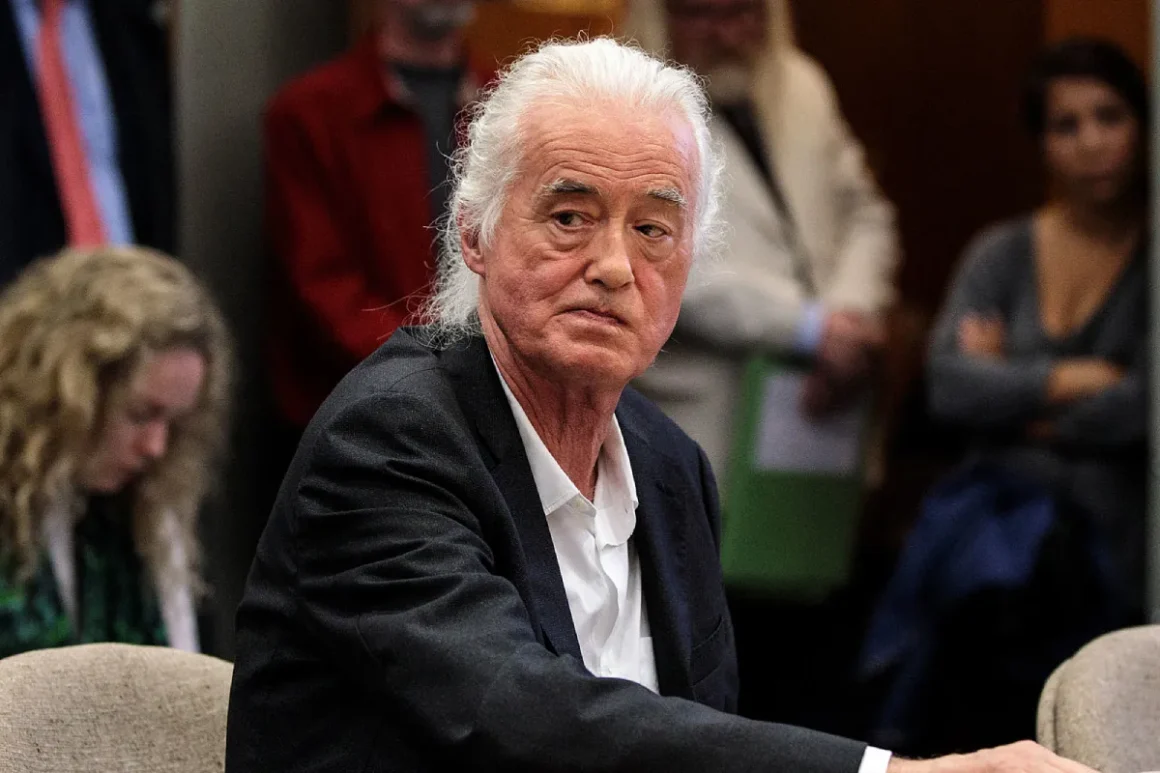When you think of Led Zeppelin, you might picture their studio sessions as smooth and effortless, thanks to the extraordinary talent of John Bonham, Jimmy Page, Robert Plant, and John Paul Jones. However, their 1976 album Presence tells a different story—one of intense struggle and perseverance.
Despite the band’s incredible success in Europe and North America, their plans for a major 1976 tour were shattered when Robert Plant was seriously injured in a car crash in Greece. With their tour plans upended, Zeppelin returned to the studio, using the unexpected break to focus on their music.
While Plant was recovering, he spent time writing lyrics that reflected themes of doubt and resilience. Page joined him, and together they worked on six tracks for Presence, with “Royal Orleans” being developed amidst some controversy. The album, known for its hard rock and heavy metal edge, was recorded under challenging conditions.
Due to their tax exile, Led Zeppelin recorded Presence at Munich’s Musicland Studios. The Rolling Stones were scheduled to use the studio right after Zeppelin, but Page realized they wouldn’t finish in time. In a bid to complete their work, Page negotiated with the Stones to borrow two additional days.
Running on little sleep and struggling with heroin addiction, Page managed to complete all the guitar overdubs during this time.
Despite these hurdles, some sessions were highly productive. Page laid down memorable guitar lines for tracks like “Achilles Last Stand,” “Nobody’s Fault But Mine,” and “For Your Life.”
However, Page faced a significant challenge when it came to recording the guitar solo for “Tea For One.” For the first time in his career, he felt overwhelmed and unsure of himself.
Page commented on this time in a 1977 interview with Trouser Press, saying, “I ended up sitting there thinking, ‘I’ve got this guitar solo to do,’ and I was really a bit frightened of it.” Known for his abilities as a session guitarist and an important part of Zeppelin, Page said that he was unprepared for “studio fright.”
The pressure to create a solo that fit the song’s mood was intense. “I didn’t want to blast out the solo like a locomotive or something, because it wasn’t conducive to the vibe of the rest of the track,” Page explained.
He also noted the similarity between Tea For One and an earlier Zeppelin track, “Since I’ve Been Loving You,” which made it even more challenging to deliver a fresh, powerful performance.
Ultimately, Page overcame his doubts and delivered a solo that deeply resonated with the song’s emotional tone. The difficulties during the recording of Presence brought the band closer together, and the album’s title reflects the unity they felt during its creation.
Although Presence didn’t achieve the same commercial success as some of Zeppelin’s earlier albums and is often considered one of their lesser-known works, it remains significant in their discography.
Songs like Tea For One highlight the raw emotion and dedication that defined the album. Despite the studio challenges, Presence stands as a testament to Led Zeppelin’s resilience and creativity.
If Page could conquer his studio fears, it’s evident that nothing could truly halt the mighty Led Zeppelin.







